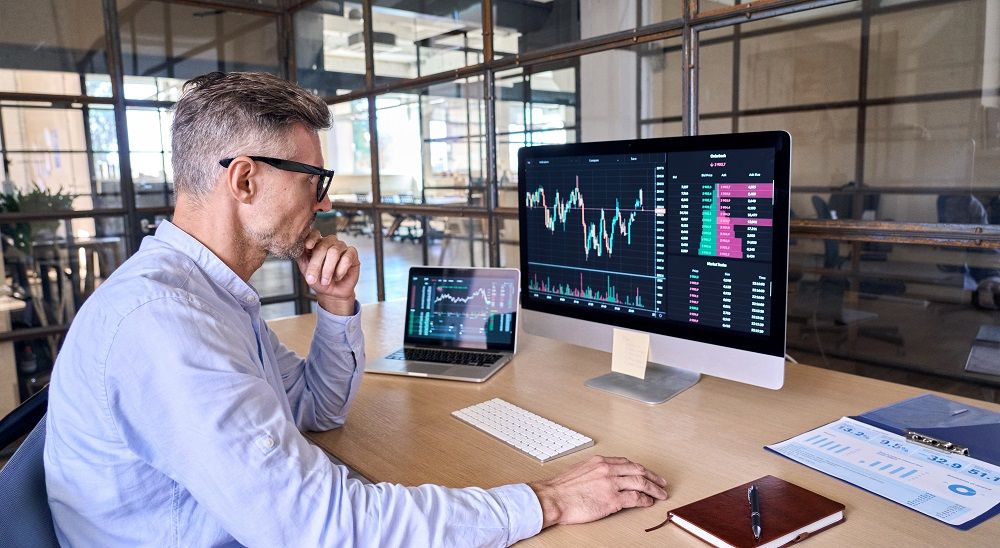Hindsight Is 20/20 – The Hindsight Fallacy
The hindsight fallacy is a cognitive bias that relies heavily on past knowledge or experience when making predictions about the future. This belief that "hindsight is 20/20" can lead to inaccurate predictions because it causes people to forget that their past understanding might not be accurate.

We seldom see things in a clear light until after they have occurred. However, the way we recall events may not be accurate. Our brains fill in the blanks of our memory with what we think happened.
Memory is not like a video recorder; it is malleable and can be changed by what we hear, see, or think about after an event occurs. The problem with false memories is that they are often just as vivid and convincing as genuine memories, making them difficult to distinguish from the truth.
Our false memories are constructed by overemphasizing those bits of information that confirm our beliefs and forgetting or downplaying information that contradicts them.
This confirmation bias means that we are very good at rationalizing the outcomes of our decisions and predictions. We then try to validate this by evoking the false belief that hindsight is 20/20.
Hindsight is not 20/20 because our memories are tinted by what we want to believe happened.
20/20 is Hindsight
The term “hindsight is 20/20” is often used to describe the phenomenon of being able to see things more clearly after they have happened. This phrase is derived from the idea that our vision is usually better when looking backward than forwards.
While this may be true sometimes, it is important to remember that hindsight is not always accurate. In fact, sometimes, our view of the past can be distorted by our current understanding of the situation. This means that we should be careful not to rely too heavily on hindsight when deciding about the future.
Hindsight can also be painful because we might see things we wish we could change. We might see all the ways we could have avoided a certain outcome or all the things we should have done differently.
When looking back, be careful not to fall into this “hindsight is 20/20 fallacy.”
Hindsight Fallacy
Memory's fallibility is why the Hindsight Fallacy (also known as the knew-it-all-along phenomenon or creeping determinism) is so prevalent.
The hindsight fallacy is a cognitive bias that occurs when someone relies too heavily on past knowledge or experience when making predictions about the future. This bias can lead to inaccurate predictions because it causes people to forget that their past understanding might not be accurate.
The hindsight fallacy is a cognitive bias that occurs when someone relies too heavily on past knowledge or experience when making predictions about the future.
The hindsight fallacy is a problem because it causes people to base their predictions about the future on an inaccurate understanding of the past. This can lead to bad decision-making, as people might not consider all the relevant information when making predictions.
To avoid the hindsight fallacy, it is important to be aware of its existence and question your own future predictions. It is important to remember that everyone is susceptible to this bias, so even experts might not be accurate when making predictions.
Over Confidence and Overly Critical
The hindsight bias can lead us to believe that we are smarter and more capable than we actually are. It can also cause us to be needlessly critical of ourselves and others.
For example, we may be overly critical of our own performance in a situation after it has already happened. We may also be more likely to blame others for things that have gone wrong.
If you find yourself thinking, “I should have known better,” “I could have seen this coming”, or “Why didn't I do X?”, try to step back and remember that you didn't have the benefit of hindsight when the event actually happened.
The hindsight bias can also cause us to be overly confident in our abilities. We may feel like the success achieved resulted from our special insight or prediction skill, even though we had no way of knowing what was going to happen. This can lead to unrealistic expectations of future predictions.
Hindsight may not be 20/20, but it can still be helpful in understanding what went right and wrong and how to learn from similar situations in the future. Just be careful not to let it distort your view of yourself or the world.
Making Better Predictions Of The Future
There are several cognitive biases that can affect our ability to accurately predict future events.
The first is confirmation bias, which is our tendency to seek information that confirms our existing beliefs and ignore information that contradicts those beliefs. This can lead us to mistakenly believe that something is more likely to happen than it actually is.
The second is the sunk cost fallacy, which is our tendency to continue investing in something as long as we have already invested so much in it. This can lead us to make bad decisions in the future in order to try and justify the choices we have made in the past.
The third is the availability heuristic, which is our tendency to base our judgments on information that is easily available to us. This can lead us to overestimate the likelihood of events that we have seen before and to underestimate the likelihood of events that we have not seen before.
It is important to think objectively about future events to avoid these biases. We can do this by considering a variety of evidence, both for and against our beliefs, and by considering the uncertainty of any predictions we make. It is also important to be aware of our own biases and to correct them. With these things in mind, we can try to make more accurate predictions about the future.
Using Hindsight To Improve Innovation Success
Don't feel hindsight is to be avoided. Hindsight can be a powerful tool for innovation.
By looking back at the past, we can learn from our mistakes and successes and use that information to help us make better decisions in the future.
The benefit of hindsight is that it allows us to reflect on why things went well or went wrong. Did we make the right decisions? Did we take too much risk? Did we not take enough risk? By asking these questions, we can learn from our experiences and use that knowledge to help us make better decisions in the future.
Hindsight can also help us identify patterns we may not have been able to see. For example, if we notice our products are more successful when we introduce them in a certain way, we can use that information to help us plan our launches in the future.
In addition, hindsight can help us understand the impact of our decisions. Did our actions have the intended results? Did they have unintended consequences? By understanding the impact of our decisions, we can make sure that we are making the right choices in the future.
Hindsight is not perfect, but it can be a valuable tool for innovation. By looking back at our experiences, we can learn from our mistakes and successes and use that knowledge to help us make better decisions in the future.
Pros and Cons of Hindsight
Hindsight provides a valuable perspective for making better decisions. By looking back at our experiences, we can learn from our mistakes and successes and use that knowledge to help us make better decisions in the future.
However, hindsight is not perfect. We need to be careful not to get biased by it and instead use it as a tool to help us make better decisions.
While many believe hindsight is 20/20, it isn't. However, it can be a valuable tool for making better predictions of what may happen.




